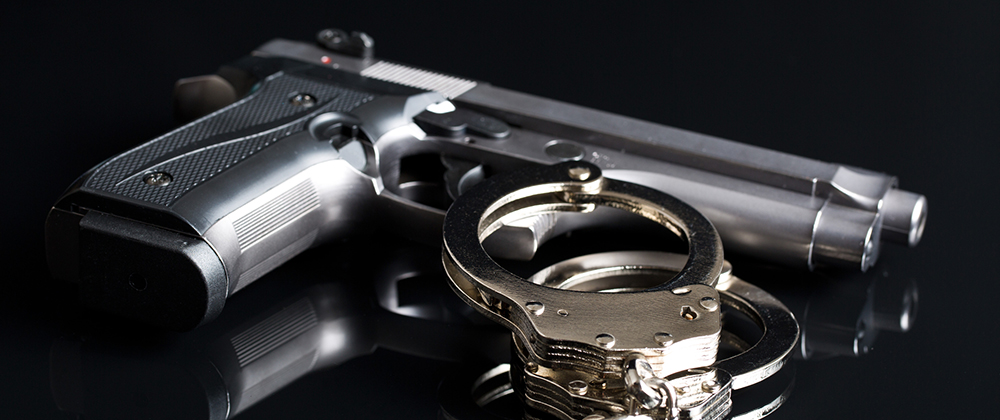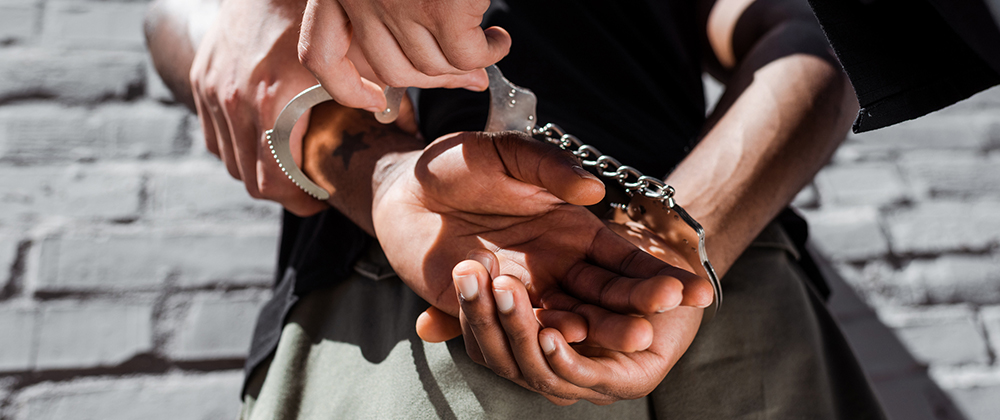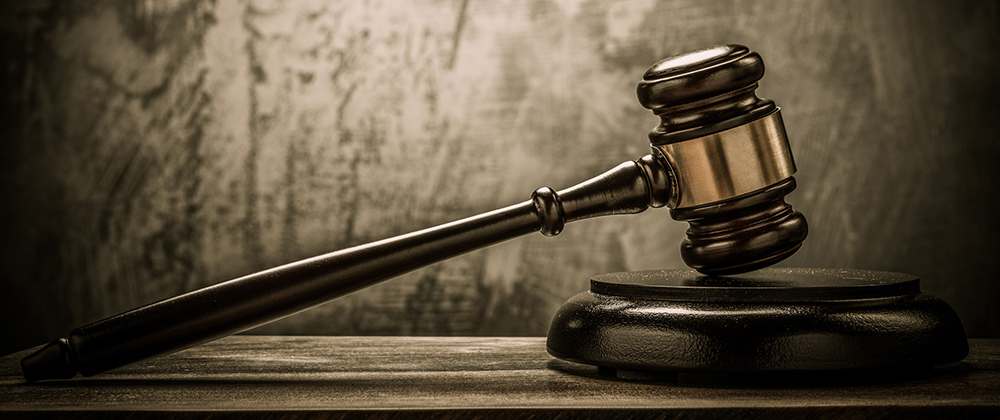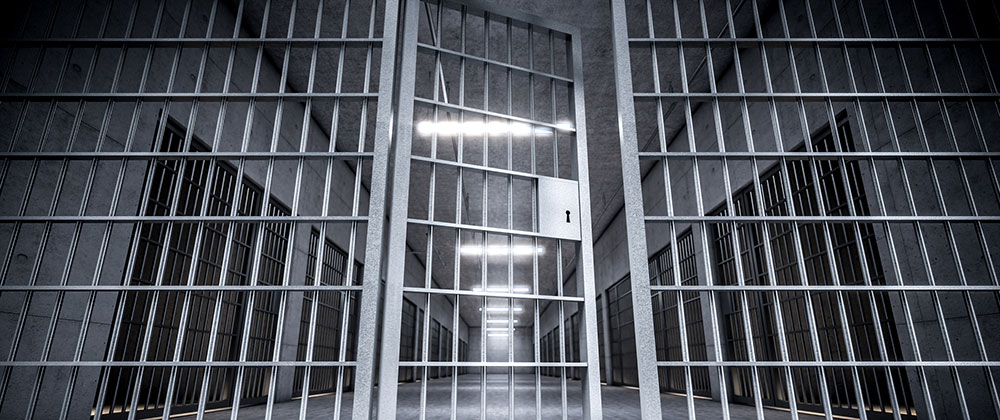A charge of possession of a firearm by a convicted felony can be difficult to defend and may result in a 15-year prison sentence in Florida. Prosecutors only need to prove that the defendant has a felony conviction and possessed a firearm to secure a conviction. Recently, the experienced Fort Pierce criminal lawyers skillfully defended their client against this charge at trial, winning a not-guilty verdict on his behalf.
Case Background and Trial
A man with a felony conviction went to a gunshop with his girlfriend in Martin County. While in the shop, he picked up, held, and inspected a long gun. His girlfriend purchased a handgun at the store while they were there. This was caught on video, which the police and prosecutors obtained and played at trial.
A few weeks later, a special task force that included local law enforcement officers and agents with the Bureau of Alcohol, Tobacco, and Firearms (ATF) reportedly followed the man from his girlfriend’s house before pulling over his car. The officers claimed the man got back into his car after the officers got out of their car and sped away from the scene. The officers then pursued him in a police chase. The officers claimed the man got out of his car and ran away, leaving it unattended in the middle of a residential street.
The local police officers and ATF agents then reportedly searched the man’s car. They found the handgun the man’s girlfriend had purchased from the gun shop along with the man’s wallet, keys, identification, and credit cards. The man was caught and arrested. He was charged with one count of possession of a firearm by a convicted felony, which is a second-degree felony with a mandatory minimum prison term in Florida.
Officers sent the gun to the lab to check for DNA. After a year, they received a match that showed the man and two unknown individuals had left DNA on the handgun. In the meantime, the man retained Port Saint Lucie firearm possession attorneys Jay Kirschner and co-counsel Brian Mallonee from the law firm of Kirschner & McEnery Law to defend him.
The man chose to take his case to a trial before a jury. Attorneys Kirschner and Brian Mallonee served as co-counsel to defend the man, with Attorney Kirschner taking the lead to defend against the DNA evidence. The government presented the DNA evidence at trial by hiring an independent lab analyst who testified about the results.
After three days of trial, the jury returned a not-guilty verdict on Feb. 15, 2024. Despite the prosecutor’s presentation of the video and DNA evidence at trial, our attorneys achieved a major win for our client.
Florida Possession of a Firearm by a Convicted Felon
Under § 790.23, Fla. Stat. (2024), it is illegal for a person who has been convicted of a felony in Florida or in federal court to possess or have a firearm in their care. This also includes a conviction of an act in another state that would be a felony if it had occurred in Florida. This statute includes a knowing element, which means the defendant must know the handgun is in their care, custody, or possession before the state can secure a conviction.
Constructive vs. Actual Possession of a Firearm
One issue that can make a difference in the sentence someone might receive following a conviction of this crime is whether the possession was constructive or actual. If the possession was actual, a conviction carries a minimum mandatory sentence of three years in prison.
A person has actual possession of a firearm when the police observe the person actively holding it in their hand or has it somewhere on their person. It also can include when the person has the firearm enclosed in a container on their person or when the weapon is close enough to them that they could easily reach it while having control over it.
A defendant has constructive possession of a firearm when it is located in a place that the accused person had control over or when the defendant has concealed the weapon. Both constructive and actual possession of a firearm by a convicted felony are second-degree felony offenses carrying a maximum of 15 years in prison, 15 years on probation, and a $10,000 fine. However, a defendant convicted of actual possession will also face a minimum mandatory three-year prison sentence.
In the man’s case, the police showed a video that depicted him picking up, holding, and inspecting a long gun while in the gun shop with his girlfriend. This could amount to evidence that he actually possessed a firearm under Florida’s law. They also presented DNA evidence through the analyst that showed the man’s DNA was found on the handgun in his car. However, two unknown persons also left DNA on the handgun.
A potential defense to a charge of possession of a weapon by a convicted felon in Florida is that the person previously had their civil rights restored. Most people with felony convictions don’t get their civil rights restored, however. This means that many cases will involve defenses about whether they knowingly possessed the weapon or if it was under their control.
Consult a Port Saint Lucie Firearm Possession Attorney
If you have been charged with possession of a firearm by a convicted felon, talk to a Port Saint Lucie firearm possession attorney at the law office of Kirschner & McEnery Law as soon as possible. We can review the evidence and devise a vigorous defense against your charges. Call us today to schedule a consultation at (772) 489-8501.




